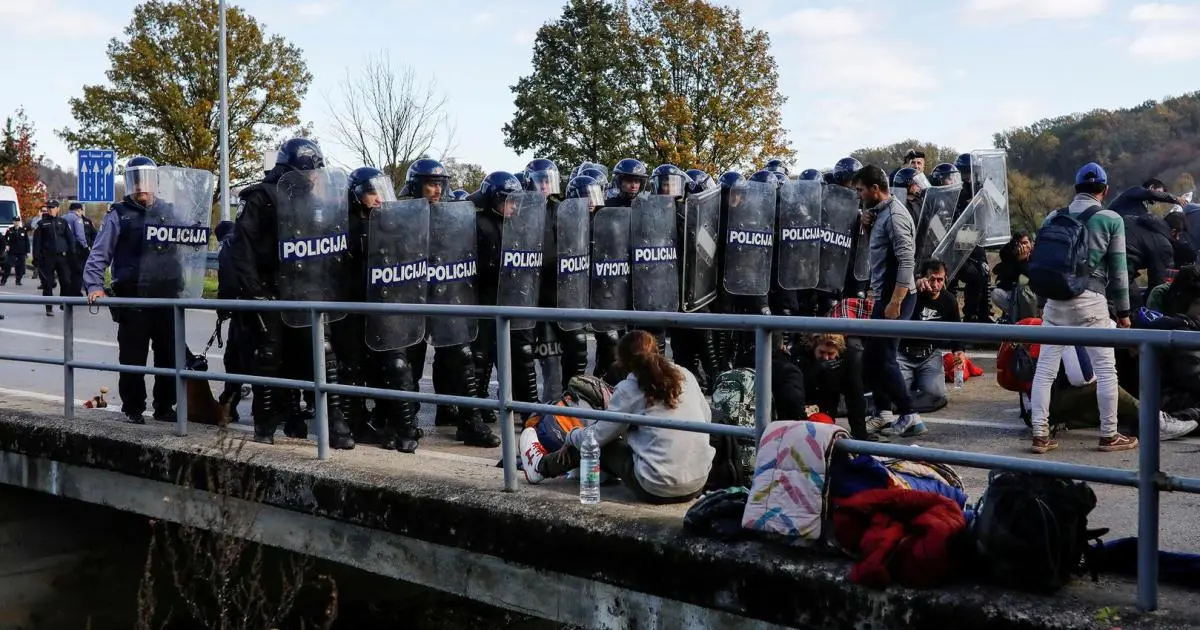nightglow.info – Croatia, a country with a rich history and cultural heritage, has made significant strides in its development since gaining independence in 1991. As a member of the European Union since 2013, Croatia is committed to upholding the values and standards of human rights enshrined in the EU Charter of Fundamental Rights. However, despite these commitments, several human rights issues persist within the country, warranting a critical analysis.
Discrimination and Equality
One of the critical human rights issues in Croatia is discrimination, particularly against the Roma community, LGBTQ+ individuals, and persons with disabilities. The Roma population faces systemic discrimination in employment, education, and housing, often living in segregated and substandard conditions. LGBTQ+ individuals also report high levels of discrimination and violence, with laws protecting their rights being inadequately enforced. Persons with disabilities encounter barriers to accessing justice, employment, and public services, highlighting the need for more inclusive policies.
Freedom of Expression and Assembly
Freedom of expression and assembly are fundamental human rights that have been challenged in Croatia. Journalists and activists often face legal and extralegal pressures when reporting on sensitive issues or organizing protests. The government’s control over public media and the lack of a freedom of information law raise concerns about media independence and transparency.
Women’s Rights
Women’s rights in Croatia have seen progress, but gender-based violence and inequality remain significant issues. Domestic violence is prevalent, and although legislation exists to protect victims, its implementation is inconsistent. The gender pay gap and underrepresentation of women in political and corporate leadership positions also indicate ongoing challenges in achieving gender equality.
Migrant and Refugee Rights
The treatment of migrants and refugees in Croatia has been a point of international scrutiny. Reports of pushbacks, violence, and inadequate living conditions at the border have raised concerns about the country’s compliance with international human rights standards. The need for a more humane and effective asylum system is evident.
Conclusion
While Croatia has made commendable efforts to align with European human rights standards, several critical issues persist. Addressing discrimination, ensuring freedom of expression and assembly, promoting women’s rights, and protecting migrant and refugee rights are essential steps toward a more inclusive and just society. The government, civil society, and international partners must work collaboratively to implement comprehensive reforms and uphold the human rights of all individuals in Croatia.
